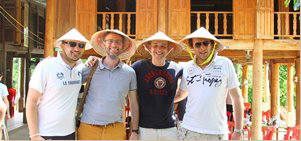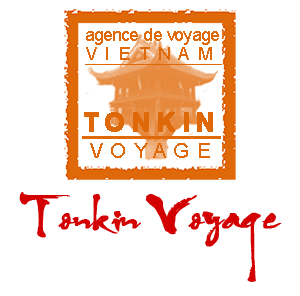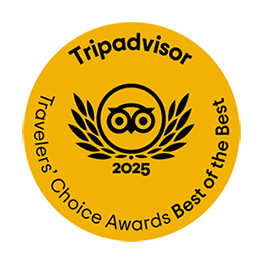In general, Vietnam is a safe country. Except for a few pickpockets and snatching in some districts of Ho Chi Minh City and Hanoi, it is actually very rare that tourists are attacked.
Although the risk remains low in Vietnam, here are some tips to follow to avoid this happening to you and what you can do to make your life easier in the event that is does.
- Make several copies of your passport, credit card, traveler checks, itinerary, airline tickets and other important documents. Keep them stored online for easy access.
- Ensure that the portraits of your passport, your identity card and driving license are legible and consistent and that not of your identity papers reach the expiry date before your return.
- Don’t keep your important cards and documents in one location. For instance, keep your license, passport, I.D card separate. That way if you lose one, you still have access to the other.
- Use the safe! It is best to leave them in a small safe in the hotel rather than in the room. If you need to carry your identity papers and other important documents, be sure to place them in a very inaccessible place for pickpockets.
- This one is obvious. Only make the purchase or exchange of Vietnamese Dongs in banks or exchange box at your hotel. Do not try to illegally exchange your currency in the street.
- Always prepare small change, very useful with small merchants. Also check your currency to prevent counterfeiting.
- Dress up casually, do not take jewelry or valuable watches, and do not reveal large sums of cash or traveler’s check in public places.
- Dress up casually, do not take jewelry or valuable watches, and do not reveal large sums of cash or traveler’s check in public places.
- During your stay, you may be required to take a taxi during your free time. For this, the best is to ask the hotel staff to arrange this service, take with you a hotel card or ask the receptionist or your guide, you write the address of the hotel and different places you want to discover. Remember the taxi number in case you forget personal items in the car.
- Prepare a local vocabulary with your key phrases like “ I would like to go to …”, “Where is the bathroom?” to communicate with local people.
- Respect local habits, especially when you visit different places of minorities. Your guide can provide information on how to behave, taboos and habits of these people.
- Most Vietnamese are very welcoming and friendly to travelers, and will not hesitate to come and bring help especially if they speak English. However, never follow strangers somewhere.
- Always trust your gut. It’s usually right.






